This article origally appeared at themedialine.org.
From Jerusalem to Beirut to Cairo, the upcoming US elections are being closely followed, partly for their entertainment appeal, but also as the US remains crucial for its role in the Middle East.
“Partly because of the characters involved, there has been a lot of media coverage here,” Tamir Sheafer, a professor of political science at Hebrew University told The Media Line. “But Israelis do care quite a lot about US elections, and certainly more than any other elections outside the country.”
The fact that the US and Israel are in the last stages of a ten-year deal that will give Israel an estimated $3.7 billion in US aid per year, adds to Israeli interest. Donald Trump’s brash confrontational style, along with his hardline statements that he would limit Muslim immigration to the US resonates with some Israelis, especially hardliners in Israel. Hillary Clinton, who has spoken in favor of an independent Palestinian state, should appeal more to the lefties in Israel. Clinton’s husband, former President Bill Clinton, was incredibly popular in Israel.
“One of Hillary’s main problems — not only in the US but also in Israel– is that Bill’s charisma does not extend to her,” Sheafer said.
It doesn’t matter who you vote for – just vote, one organization in Israel called iVoteIsrael is saying. There are an estimated 200,000 dual US-Israeli citizens living in Israel, who are eligible to vote.
“IvoteIsrael is a nonpartisan NGO whose single goal is to engage as many Americans residing in Israel to engage in the American political process in order to demonstrate to American politicians that they have a serious constituency here that they need to pay attention to,” Eitan Charnoff, the national director of the group told The Media Line. “There are enough actual voters here from key swing states to not just impact the presidential election but Congressional and Senatorial races as well.”
The organization sets up stands in large cities, where the largest number of potential US voters live, to help them fill out the forms for an absentee ballot. In previous elections, an estimated 50 percent of eligible voters in Israel cast absentee ballots.
Tens of thousands of Palestinians with US citizenship are also eligible to vote. Palestinian officials said that they are not taking a stand on which candidate they prefer calling it an “internal matter.”
But, said Hosom Zomlot, a strategic advisor to Palestinian Authority President Mahmoud Abbas, said he hopes the US President will take a more active role in trying to get Israeli to return to the negotiating table.
“We hope there will be a new chance for the peace process and the American election will produce a president that will take stock of the past and what went wrong,” Zomlot told The Media Line. “We would like them to take lessons from the experience of other issues around the world.”
For example, he said, the US, along with the international community decided that Iran must give up its nuclear program.
“Iran was given a choice between a prosperous Iran and a nuclear Iran,” he said. “Israel has been allowed to talk peace while building settlements and confiscating land.”
He also said that the success of the Iran deal was due to the fact that it not just the US but a multilateral coalition of the P5+1 that insisted on the Iran deal.
In Egypt, candidate Donald Trump has pledged to cooperate with President Abdel-Fattah Sisi to combat terrorism in the region, but official Egypt has retained a diplomatic silence on the US elections.
Inside the realms of the foreign and defense ministries as well as at the presidential palace there's disappointment on Trump’s proposal to bar Muslims from moving to the US – a policy that many saw as Islamophobic.
“Under Obama, there's generally been more understanding and support for President Sisi from Republicans than Democrats who tend to have more ideological difficulties with the role the military plays in Egyptian politics,” said Ziyad Kelani a political science instructor at Cairo University. “But Trump’s campaign to bar Muslims from entering the United States has caused real damage. Like most people in the world, a visit, a chance to study or work in America is a widely held aspiration.”
While Egyptian officials will not publicly slam Trump, they are well aware that their best GOP friends on Capitol Hill including Ileana Ros-Lehtinen R-FL and Chair of the House Foreign Relations Committee and Jeff Fortenberry R-NE, a ranking member of the House Appropriations Committee, have distanced themselves from their party's presidential nominee.
Fortenberry led a congressional delegation to Egypt this week meeting Sisi and Defense Minister Sedki Sobhi.
With the Washington-based IMF posed to give Egypt a $12 billion loan officials in Cairo are confident their GOP allies in congress will continue to have Sisi's back with the election of either Trump or Clinton.
At the same time, the subtleties of American politics are not widely appreciated at the popular level.
“People in this region do not remember very fondly the Republican president George W Bush who destroyed Iraq and destabilized the entire area,” said Sherif Aref, Editorial Secretary at “Al Masry Al Youm” who expresses his support for Clinton's candidacy.
“Mr. Trump is opening the gates of hell for the Americans and his policies seem designed to provoke the feelings of the Muslims,” Aref told The Media Line. “If the Republicans are serious about building bridges of credibility and trust they need to rethink what kind of rhetoric they allow.”
The Syrian regime however can barely contain its enthusiasm for Trump.
“Assad hears Trump say the main enemy is Islamic State, his warm words for Russia's president Putin and he knows that if Trump captures the White House there will be even less pressure on his regime than there has been under Obama,” said Ayman Abdul Nour, publisher of Kulna Sharakna, the largest independent opposition Syrian news portal.
“They are even going so far as to direct Syrian Americans to contribute to the Trump campaign and attend his rallies,” Abdul Nour told The Media Line. “It's well understood that when it comes to Syria there is more of a difference between Obama and Hilary Clinton than there is between Obama and Trump.”
Nour is referring to the public policy fissure over Syria in the Obama administration with Clinton and the security establishment clashing with the president on the need and potential efficacy of a US attack on Assad.
In Lebanon, analysts said the country’s focus is on the war in neighboring Syria. Close to two million refugees have fled Syria, straining Lebanon’s ability to handle them. When it comes to the election, most popular is a man who isn’t even running.
Bernie Sanders campaign was really inspiring because he was challenging the establishment, so many of my students were fans of this message,” Carmen Geha, Assistant Professor of Public Administration at the American university in Beirut told The Media Line. “They think he is a very cool guy.”
She said that Hillary Clinton appeals to secular liberals, while Trump is seen as a strong business leader who will provide stability.









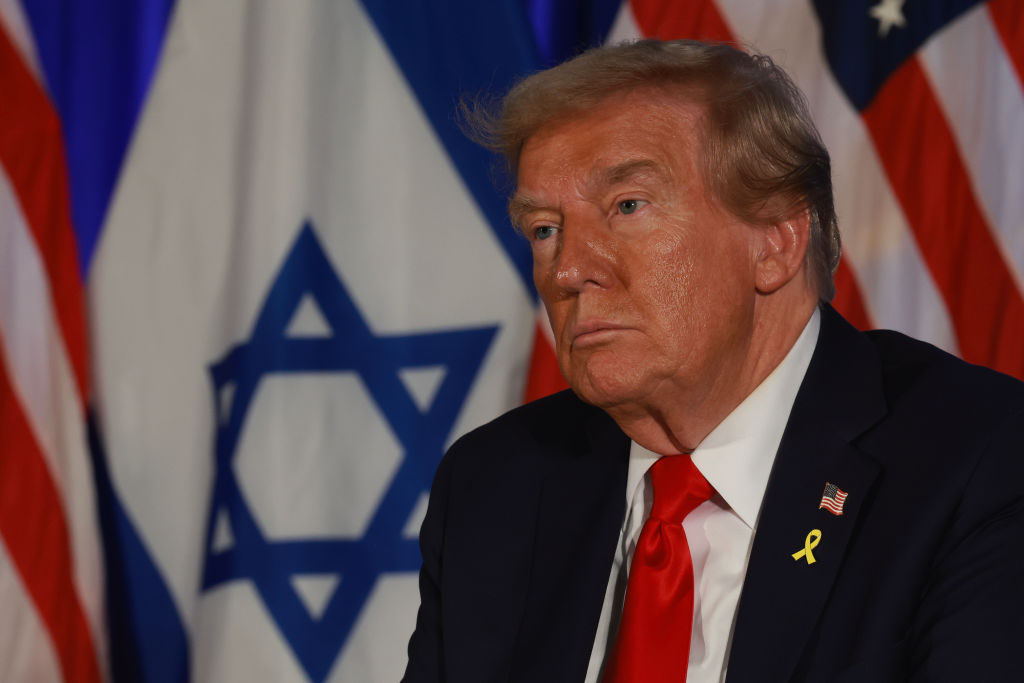
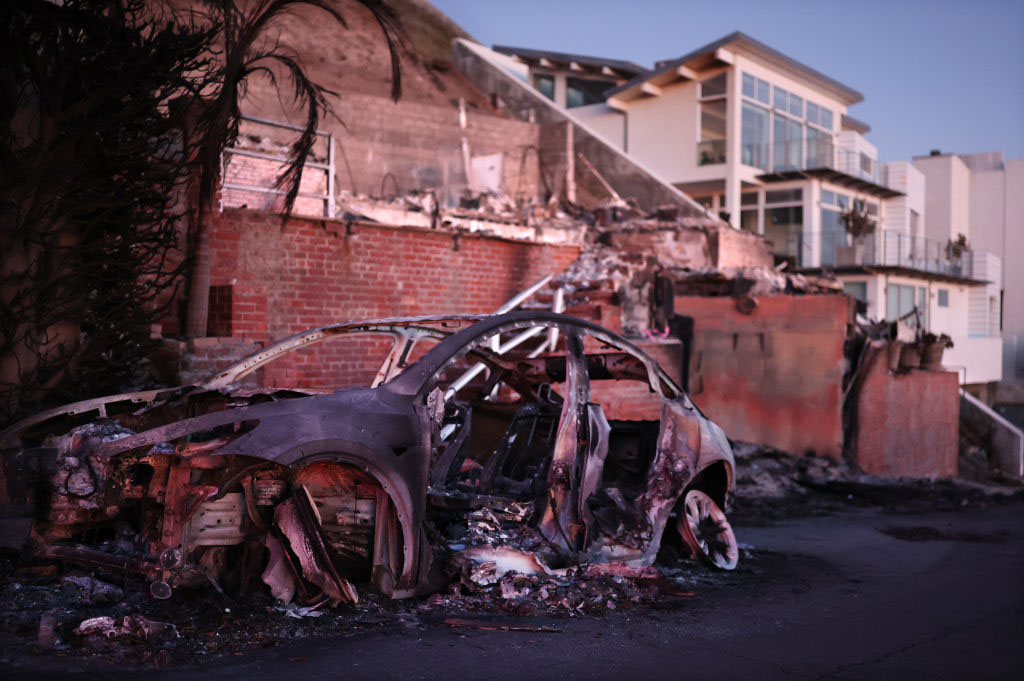




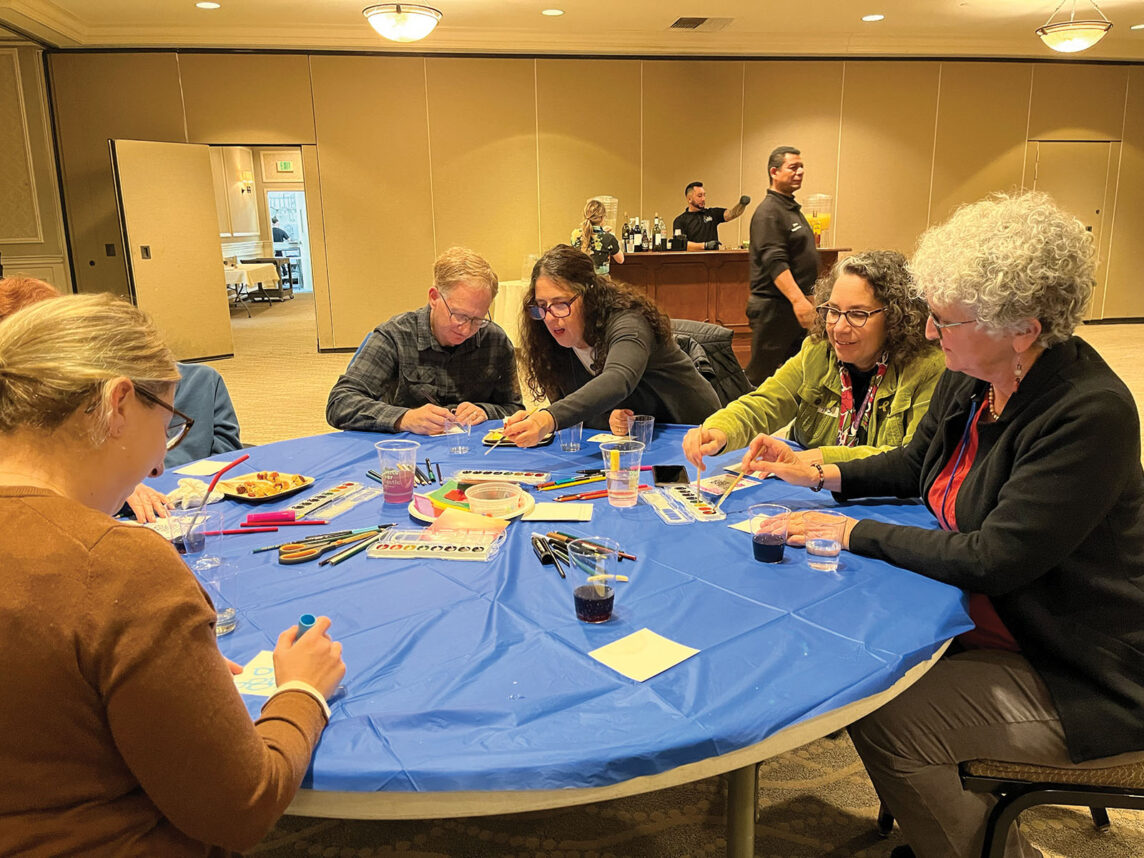
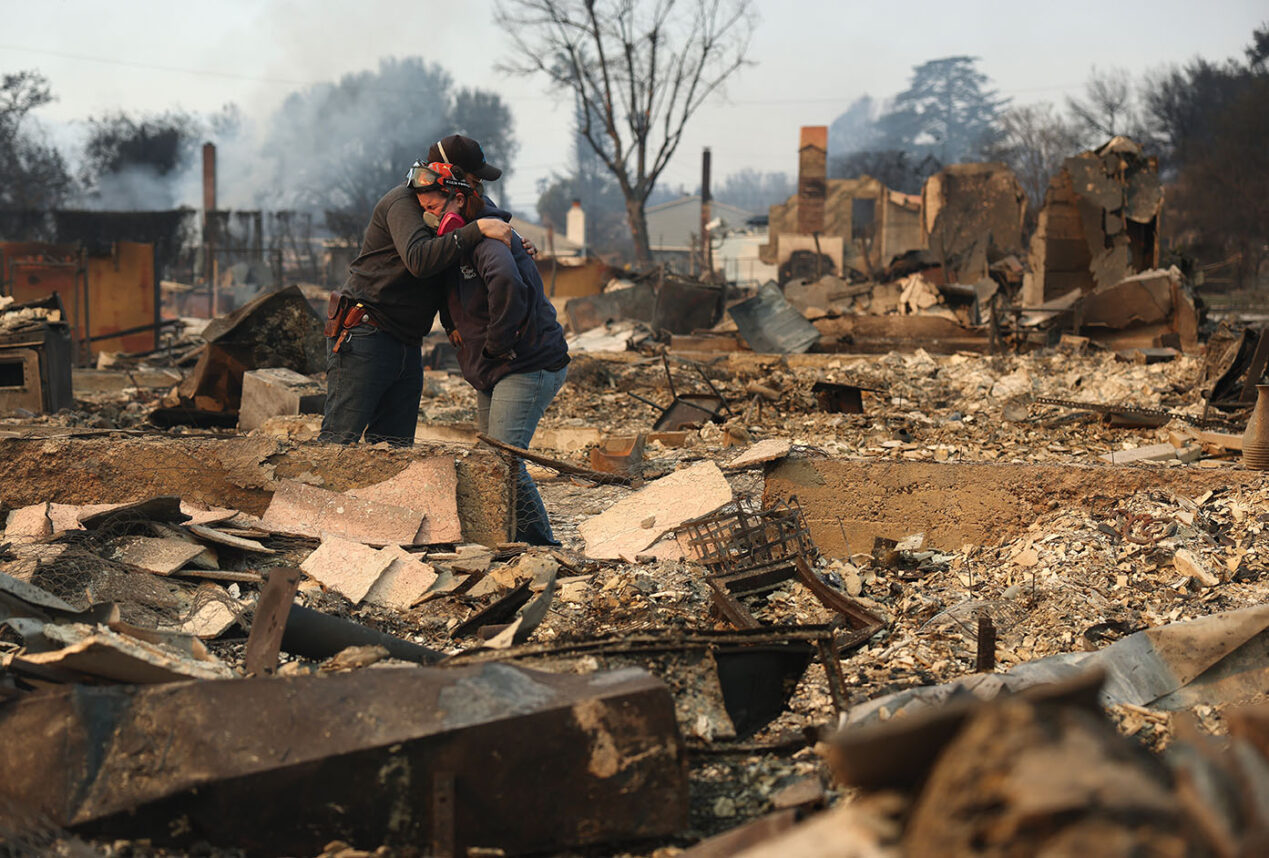



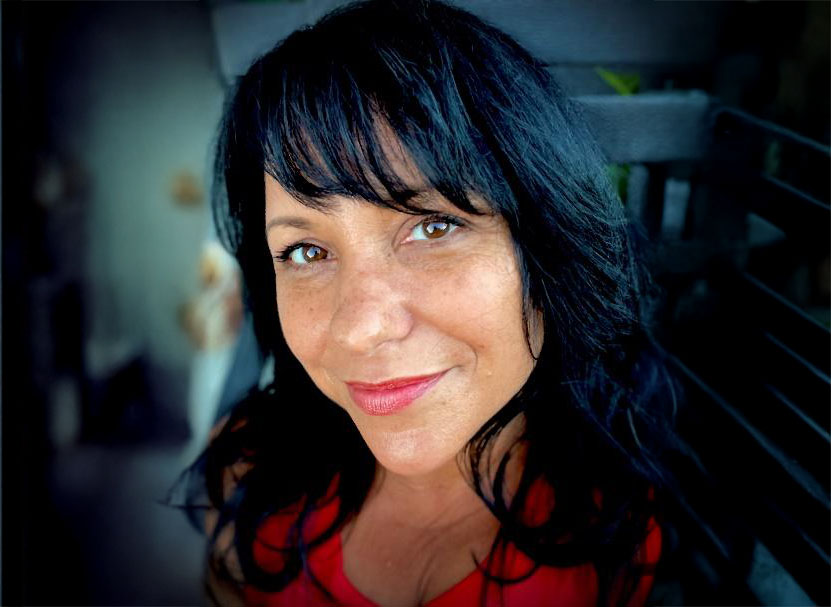
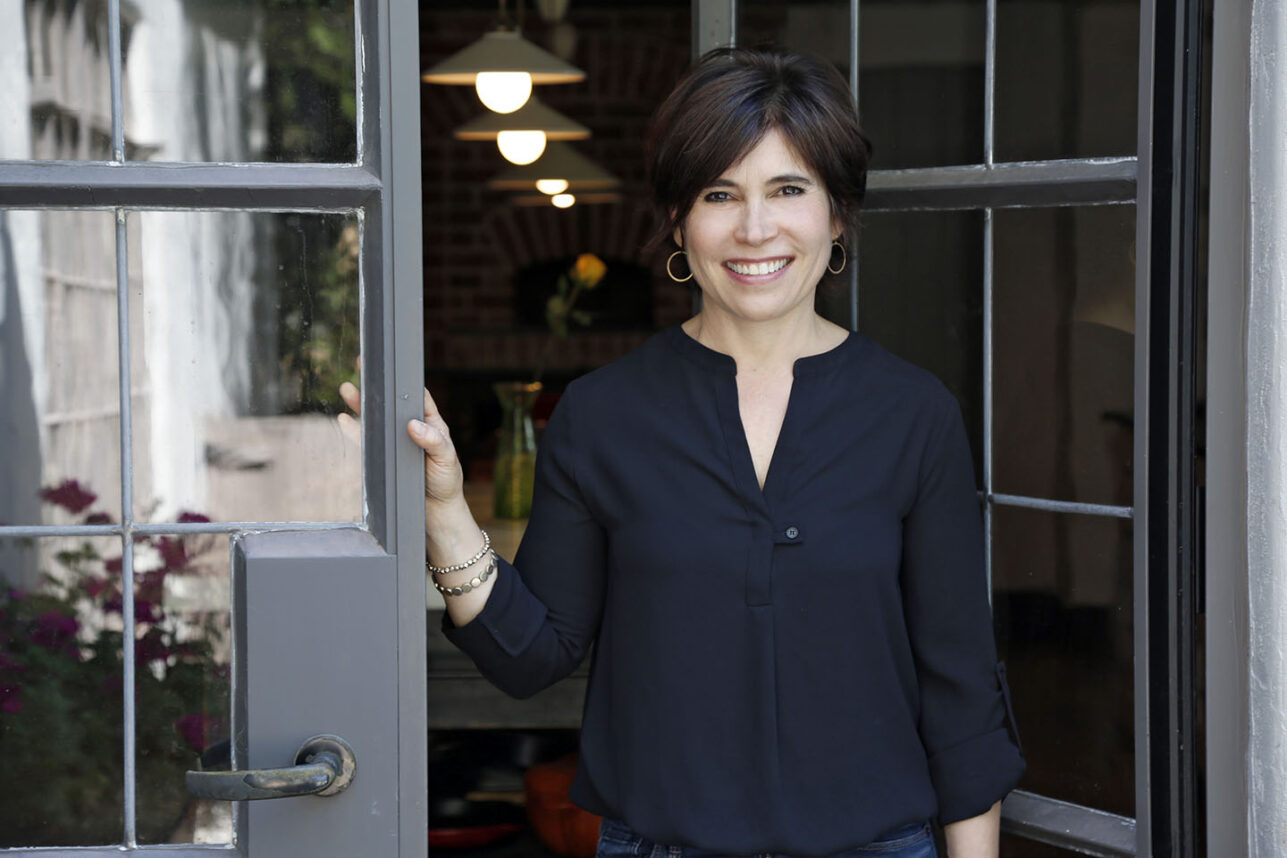

 More news and opinions than at a Shabbat dinner, right in your inbox.
More news and opinions than at a Shabbat dinner, right in your inbox.